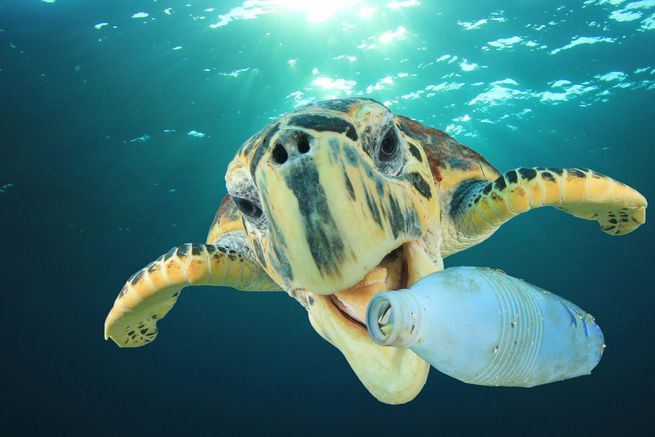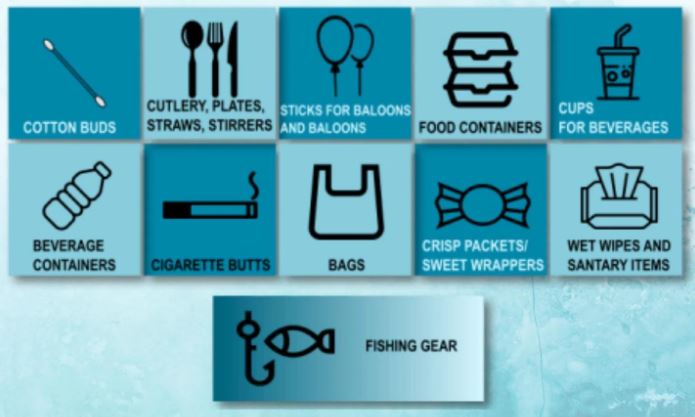
A few months ago when I first visited a Thai restaurant after staying homebound for so many months, I found it a bit distasteful that I was offered plastic straws with water. I used to like drinking almost everything in a restaurant with straws. In fact, that’s a very American thing. Just like a customer is often offered hot tea in a Chinese restaurant in China even though it’s on a sweltering hot day. I never say no to straws in America, nor do I say no to hot tea in China. Now, the UK will ban not only plastic straws but single-use plastic cutlery and plates this October. When will a similar plastic ban reach ashore across the pond?
The Covid-19 pandemic has changed how I value the quality of life with less material waste. Three years ago I read a study saying an estimated 1.6 billion disposable face masks ended up in our oceans in 2020. That amounts to roughly 5,500 tons of plastic pollution, and it will take more than four centuries for the single-use plastic to decompose in the ocean. In fact, health care remains one of the largest waste-producing sectors. Do you still remember the disposable personal protective equipment (PPE), the single-use surgical gloves, the medical masks, goggles, and many other necessary supplies that are no longer strange to us? Thanks to the mass media covering how we combat Covid-19 in the past years. Single-use plastic is omnipresent in health care as well as in our everyday life—just like that straw offered to me free.
What am I going to do about my plastic waste? I no longer use straws when I dine in a restaurant. I prefer cooking to ordering take-outs. I know there are many like-minded people making much bolder change for a consumer’s world with less single-use plastics. They are whom I dub “the sane doers.” The EU legislators have taken a much earlier step than the US and the UK. Back in 2021, the EU banned the sale in EU markets of ten plastic products including plastic bottle caps, cutlery, straws and plates, as well as Styrofoam food and beverage containers. I remember my last visit to Europe before the pandemic, I brought my own utensils and reusable shopping bags. That was only out of my precautious nature. I’m not sure if I should bring my own reusable lunch box and travel mug next time when I visit Europe. But I welcome this idea.

American patrons enjoy Chinese take-outs. Yet I don’t think the Chinese restaurants realize how much money they could save if they encourage their loyal customers to return and reuse these plastic food containers. I think many restaurants that offer delivery or take-out in America should factor in how much money they waste in single-use plastic. A friend of mine once said the food containers in her house could replace her porcelain plates and bowls. She often ordered take-out and she served her own cooking with what’s convenient to carry for her. Well, if she has a business mind, she might resell them to food vendors.
Starting from October 2023, British retailers, takeaways, food vendors and the hospitability industry will not be allowed to sell single-used plastic plates, trays, cutlery, and some types of polystyrene cups and food containers. Travelers, are you ready for this change? BYOB, an acronym of “Bring Your Own Bottle,” may have a new eco-friendly meaning. With no mistake, if I travel across the pond, I will continue to BYOU, bring your own utensil.
(I went to a Starbucks store one day and saw this sign. Every small step adds to a positive change.) Try These Planet-Positive Tips: ** Switch to a reusable cup ** Take only what you need ** Try a nondairy beverage ** Opt for an e-Gift card And. . . Straws & Utensils Upon Request at Starbucks!

